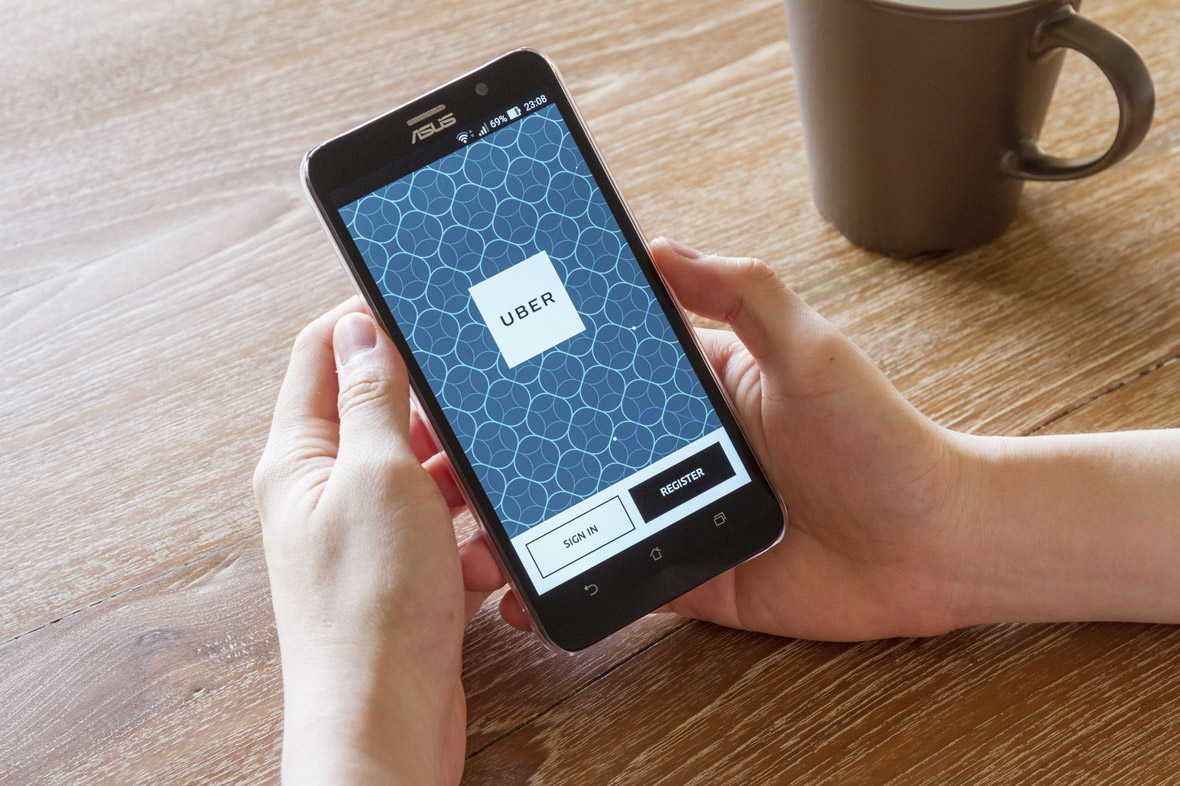“For many, the gig economy is simply the next step in a losing effort to build some economic security in a world where all the benefits are floating to the top 10 percent.” This quote comes fromSenator Elizabeth Warren (D-MA), but she is far from alone in her criticism of the growing sharing (or gig) economy. Even Democratic presidential candidate Hillary Clinton has implied that these companies only succeed by taking advantage of workers.
Yet not everyone thinks that new work opportunities made available by widespread peer-to-peer online interaction are harmful to workers. In what follows, The Heritage Foundation’s James Sherk defends independent work and shares the finding from his new paper, “The Rise of the ‘Gig’ Economy: Good for Workers and Consumers.”
Jared Meyer: Why is independent contractor status crucial to the gig economy’s success? And what legal obligations do companies face with employees that do not apply to independent contractors?
James Sherk: Central to the appeal of gig economy jobs is that workers can choose when and where they work , or if they work at all. Most Americans want regular “9 to 5” jobs with predictable hours. But most workers in the gig economy prefer flexibility and control over their hours.
A survey of Uber drivers found that three-quarters of them preferred controlling their own schedule and being their own boss to working regular hours with employee benefits. Many gig economy workers have other things going on in their lives—school, family obligations, even another job—that they schedule their gig work around. Regular full-time employment rarely lets individuals work at their own convenience.
Gig workers can do this because they are (currently) classified as independent contractors. Legally they work for themselves, using software platforms to find clients. Since they work for themselves, they can set their own schedule and work at will.
If the government instead classified gig economy workers as employees, this freedom would end. Companies have many legal obligations to their employees that they do not have toward contractors. These include paying at least the minimum wage (going to $15 in New York and California) and paying overtime. State law often imposes additional obligations. For example, California requires firms to document that their employees take a 30 minute lunch break each day.
Companies facing these legal obligations need control over their employees’ schedules. They cannot let workers choose their own hours, then rack up large overtime bills. They must also ensure that their employees produce at least enough in value to cover the cost of the state (or local) minimum wage. That means selecting hours and locations for the workers, instead of letting workers choose when and where they work. Employee status significantly curtails the flexibility that attracts workers to the gig economy in the first place.
JM: Yet, regardless of the benefits of independent contractor status, companies all across the gig economy face lawsuits over...
Read the entire piece here on Forbes
______________________
Jared Meyer is a fellow at the Manhattan Institute's Economics21. Follow him on Twitter here.
This piece originally appeared in Forbes
